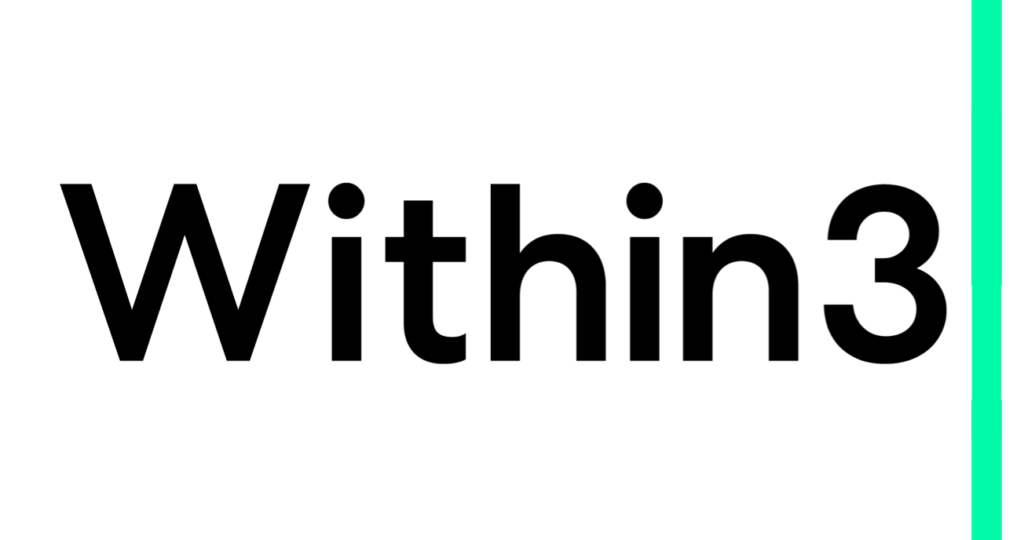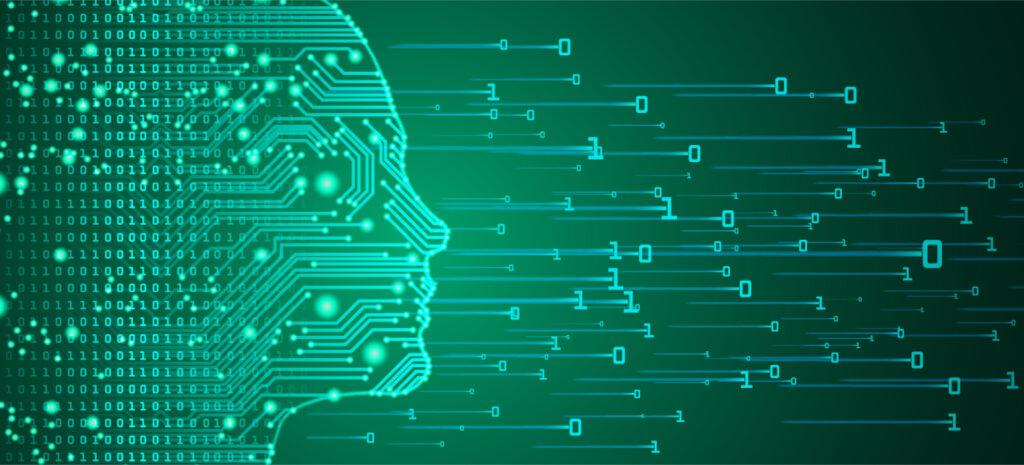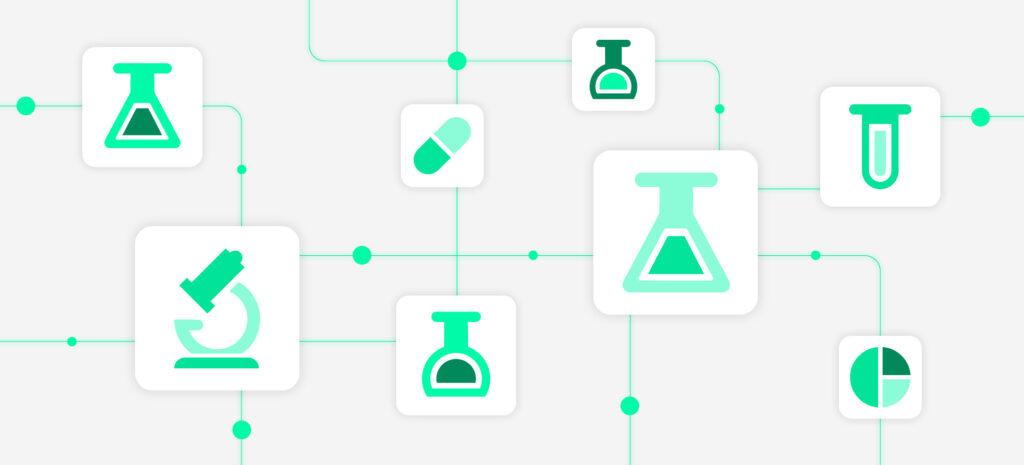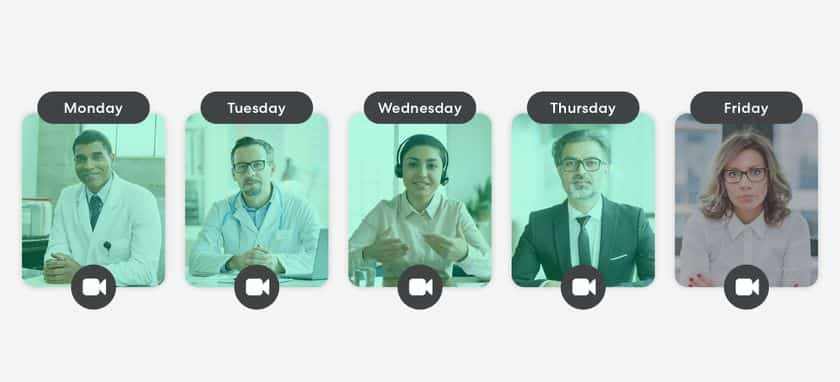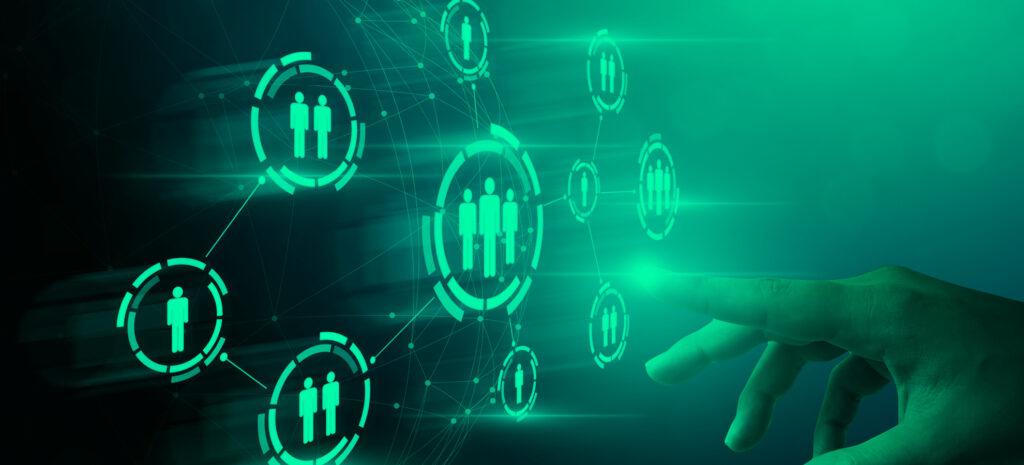Updated August 2023
Since the digital revolution kicked into gear in the latter half of the 20th century, humankind has been generating data at a truly staggering rate.
“The amount of data produced in just the last few years surpasses the amount of data generated in our entire human history.” – Foresee Medical
What’s more, the rate of health data accretion is accelerating over time – with the amount of data created, captured, copied, and consumed worldwide expected to triple between 2020 and 2025. That’s an almost unimaginable quantity of information.
Data is everywhere, and it’s powerful. In life science, reliable, accurate data can empower decision-making, reduce costs, improve patient outcomes, and more. In this article, we will explore the importance of data collection in healthcare and examine how life science companies can turn different types of healthcare data into actionable insights.
Medical affairs vs. an explosion of data: experts from Merck, Pfizer, Astellas weigh in
Why is data collection in healthcare important?
According to Smart Data Collective, “Data collection has far-reaching implications for all involved in the delivery of care. This includes healthcare organizations, individual providers, and even the patients themselves.”
The word ‘data’ can sound nebulous, or a bit techy and off-putting. But what we mean by ‘data’ is information. Without accurate, reliable information, public healthcare and life science companies lack the tools to compete effectively in the market, respond to patient needs and trends, develop accurate diagnoses and treatment plans, map the spread of diseases and epidemics, and much more. The right information – captured from the right sources, and displayed in the right way – can become an extremely powerful tool for life science.
There’s more to consider regarding data collection, storage, and dissemination. Compliance and data security are huge factors in healthcare and life science, where much of the data captured is of a sensitive nature. Likewise, it’s impossible to separate medical data collection from data integrity in pharma. Accurate data collection can help to ensure diversity and inclusion among patient populations, HCPs, and advisors. And effective data collection is vital in the preclinical and clinical trial process.
Immediately adjacent to the importance of data collection in healthcare is the centralization of that data in the interest of improving clinical decision making. In Q2 2023, a team of researchers at Georgia Tech successfully integrated clinical data across each of Shriners Children’s 21 hospitals using Fast Healthcare Interoperability Resources (FHIR) standards “to capture, access, share, and analyze data, including diagnostics, radiographic images, and genomics in a way that is not currently in existing Shriners Hospital for Children patient registries and research databases,” said Marc Lalande, vice president of SHC’s research programs.
“Leanne West, chief engineer of pediatric technologies at Georgia Tech, added, ‘This particular round of research is all about going further with information and data and making it accessible for research and patient care. With the unique data from SHC and Tech’s expertise in data analytics, we’re going to be able to provide more specific information for diagnosis and treatment of Shriners patients.”
The big data explosion
By now, you’ve almost certainly encountered the term ‘big data’. The phrase is used to describe data sets that are so large they can’t be stored or processed by traditional data processing software. Unfortunately for the life science sector, it produces more big data sets than practically any other. There’s a tremendous opportunity here for life science companies, but there are significant challenges, too.
“The use of big data in medicine is motivated by the necessity to solve both local organizational issues – such as reducing workloads and increasing profits of a medical agency – and the global problems of humanity, such as forecasting epidemics and combating existing diseases more efficiently.” – SaM Solutions
Common sources of healthcare data
Healthcare data collection stems from a growing number of sources. These include but are by no means limited to:
- Patient data: The last decade has seen a push to digitize patient data. Sources including electronic health records, admin data, claims data, patient registries, health surveys, and clinical trial data are immensely valuable to life science organizations. Coupled with emerging data sets including the information captured by wearable technologies, telehealth services, and sentiment analysis of the patient experience, life science companies have a wealth of patient data to capture, process, and analyze.
- Customer data: Life science companies generate a huge amount of quantitative and qualitative customer data, too – including transaction data, social media data, sentiment, and trend data. By collecting this data, storing, and analyzing it appropriately, life science companies can develop more effective marketing strategies and improve decision-making.
- Expert data: Data from field team interactions, advisory boards, steering committees, and other interactions with key opinion leaders can be invaluable for life science and healthcare companies. This data quality is crucial in informing go-to-market decisions, identifying opportunities, and addressing the needs and concerns of patients and HCPs alike.
- Payer data: Perhaps the most overlooked yet most substantial example of the importance of data collection in healthcare lies with the payers. Navdeep Alam, CTO of Abacus Insights wrote in Fierce Healthcare, “Payers are the hub of healthcare. Our health plan is where we, as consumers, begin when we’re trying to navigate the healthcare landscape. Where do we go to receive care? What treatments are best for us as individuals? Which pharmacies can fill our prescriptions? As we interact with the healthcare system over our lifetimes, our experiences are eventually filed as insurance claims. Health plans hold treasure troves of rich, complex patient journey data–information critical to understanding how we as individuals experience healthcare.”
Maximizing the value and importance of data collection in healthcare by turning data into insights
Data collection aids data analysis and supports conducting more clinical trials, improving healthcare analytics, more meticulous public health surveillance, developing health information technology, and overall improving the healthcare industry. Life science and healthcare providers are collecting a lot of data. But the challenge is to transform that ocean of information into something you can put to use. How much more important can healthcare data become if it can be turned into truly actionable insights?
Modern insights management platforms use AI-powered natural language processing and sentiment analysis applications to turn field team observations, HCP insights and interactions, and social media conversations into a 360-degree view of trending topics and sentiments. And by conducting steering committee meetings, advisory boards, and even clinical trials on a digital engagement platform, businesses can quickly and easily drill down into conversations with HCPs, experts, and patients, capture their insights and share them with the wider team.
Curious about the role of data in life science? Explore the use of patient-centric data.

